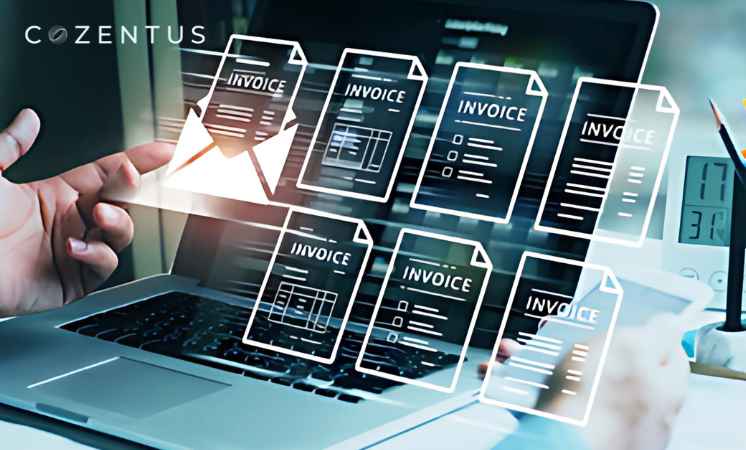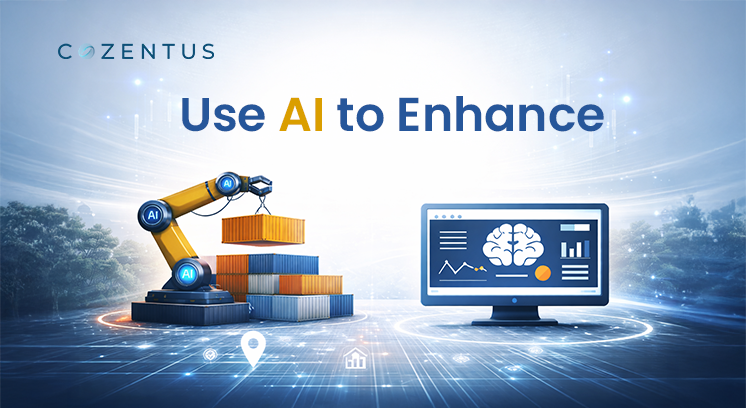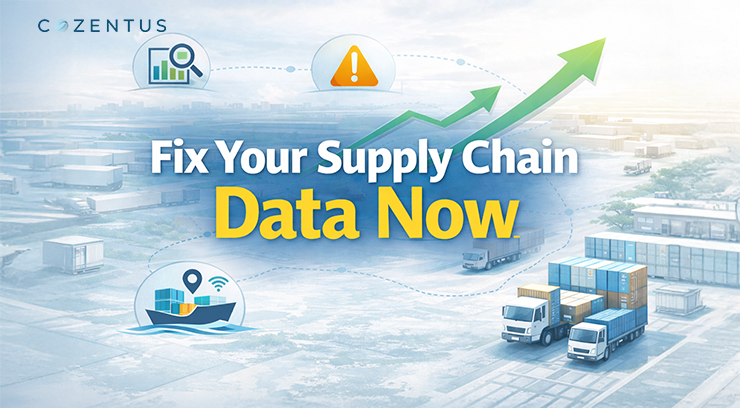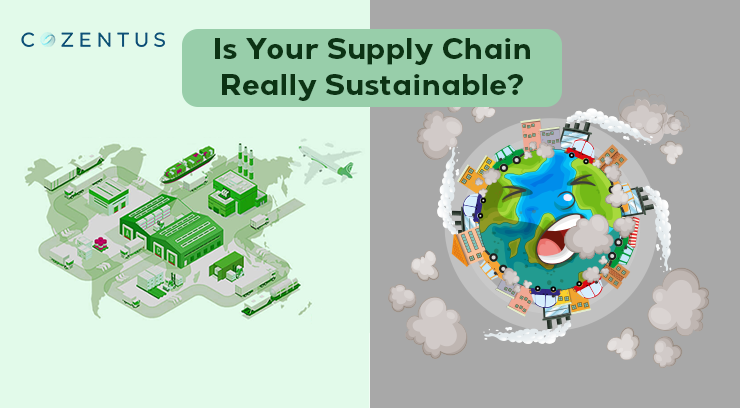
Are you switching to digital workflows from manual, paper-based processes? Does your accounts payable procedure still use paper-based evaluations? Regardless of these instances, businesses continue to struggle with the inaccuracies and inefficiencies of their outdated systems while processing invoices.
Several organizations view invoice processing as a complicated workflow consisting of a series of processes. They find it difficult to handle a wide range of tasks, ranging from receiving an invoice, obtaining the necessary checks and approvals, and initiating a payment. But if your accounts payable team is tracking and paying bills by hand, they must be dealing with many challenges, such as slow processing, misplaced invoices, or duplicate payments, to mention a few. Such problems arise because processing bills by manually is time-consuming and error prone.
In this blog, we’d be discussing the challenges of manual invoice processing and how automating invoices can help you save time and money by streamlining your accounts payable automation processes.
Top Challenges of Manual Invoice Processing and Solutions of Automation

In the finance field today, invoice management is an essential responsibility. However, a lot of businesses file invoices manually, which is a difficult procedure. Here we will explore the top challenges of manual invoice processing and the impact that they have on businesses.
Challenge 1: Slow Processing Times
The time required to process manual invoices is one of the biggest challenges. Receiving, verifying, and approving bills frequently requires numerous rounds of back-and-forth communication across multiple departments. Any delay in processing invoices can result in late payments, strained vendor relationships, and even supply chain disruptions in the logistics industry.
How Automation Solves It: By lowering the need for human intervention, AP automation accelerates the entire billing process. Invoice data can be swiftly captured and extracted by automated systems, which can then compare it to contracts or purchase orders and forward it for approval. To ensure that invoices are processed in a fraction of the time compared to manual techniques, Intelligent Document Processing (IDP) is used to simplify the operations. It drastically cuts down on processing times and improves overall operational effectiveness.
Challenge 2: Human Errors and Data Inaccuracies
Entering data by hand is undoubtedly prone to mistakes. Payment disparities, overcharges, or underpayments in logistics can result from a single miskeyed number or inaccurate piece of information. These errors not only require time-consuming correction processes but can also lead to financial losses and damage to the company's reputation.
How Automation Solves It: Automation software systems eliminate the need for manual data entry, drastically lowering the possibility of human error. With AI-powered invoice processing systems, data from invoices can be automatically extracted with high accuracy. These systems can recognize and validate data from various document formats, such as PDFs, emails, or even scanned paper invoices. Furthermore, domain knowledge-based business rule engines ensure that the extracted data adheres to industry-specific validation rules, which reduces errors and improves data entry accuracy.
Challenge 3: Lack of Real-Time Visibility and Tracking
Having real-time visibility in invoice processes is essential for financial planning and decision-making for logistics business owners. Tracking the status of each invoice payment in a manual setting often involves contacting various departments by phone or email, which can cause delays and bottlenecks. It is challenging to keep an eye on cash flow and identify any possible problems early on because of this lack of transparency.
How Automation Solves It: Real-time visibility into the progress of each invoice in the workflow is made possible by automated vendor invoice processing solutions. Through a centralized dashboard, business executives can monitor invoices from receipt to approval and payment, giving total transparency. Real-time shipping and invoice visibility is an inherent benefit of AI-powered automation solutions that enables logistics firms to monitor the invoices and ensure seamless and prompt payment cycles.
Challenge 4: High Operational Costs
Manual tasks like scanning documents, data entry, and verification can quickly drive-up labor expenses. Additionally, these processes consume large amounts of paper, leading to environmental waste and increased costs for storage and archiving.
How Automation Solves It: By processing more invoices with fewer workers, automated invoice processing solutions helps firms reduce operating costs. AI-powered document processing can save up to 80% of costs by reducing manual labor, minimizing errors, and saving paper. For even more efficiency, automation streamlines procedures and gets rid of redundancies by integrating seamlessly with current ERP or TMS platforms.
Challenge 5: Compliance and Audit Challenges
Logistics businesses are subject to many laws and industry norms regarding data storage and invoicing processing. Because it necessitates thorough record-keeping and close attention to detail, maintaining compliance in a manual environment can be difficult. Additionally, manually collecting and organizing invoice data during an audit can be risky and time-consuming if any documentation is missing or insufficient.
How Automation Solves It: Automation ensures compliance by keeping a complete, accurate digital record of all invoices. It applies rules automatically to meet industry regulations and tax laws. Intelligent invoice automation solutions offer built-in audit trails, making it easy to retrieve data and prove compliance during audits. These systems securely store invoices in digital formats, making them accessible and safe.
Final Thoughts: Automate Your Invoice Processing with Cozentus

Businesses in Logistics face numerous challenges when processing manual invoices, like prolonged processing delays, human error, high operating costs, and regulatory problems. Businesses can overcome these challenges and achieve long-term success by automating invoice processing.
Cozentus custom-built automation solutions, equipped with AI and machine learning provide a holistic strategy to accelerate invoice processing, cut expenses, and offer real-time operational visibility. It also provides a scalable and adaptable framework that may enable business leaders in manufacturing, logistics, and retail who have already partially automated their processes to advance their invoice processing, ensuring sustained efficiency and growth.
Are you prepared to transform the way you handle invoices? To find out how our customized automation solutions can help your company, click here to learn more.
Recent Post
Subscribe to our newsletter
Stay updated on latest trends and news in the supply chain and logistics industry
Join our mailing list for monthly updates
Download Reports
AI-Powered Intelligent Document Processing -Your Launchpad to Digital Transformation
Download






